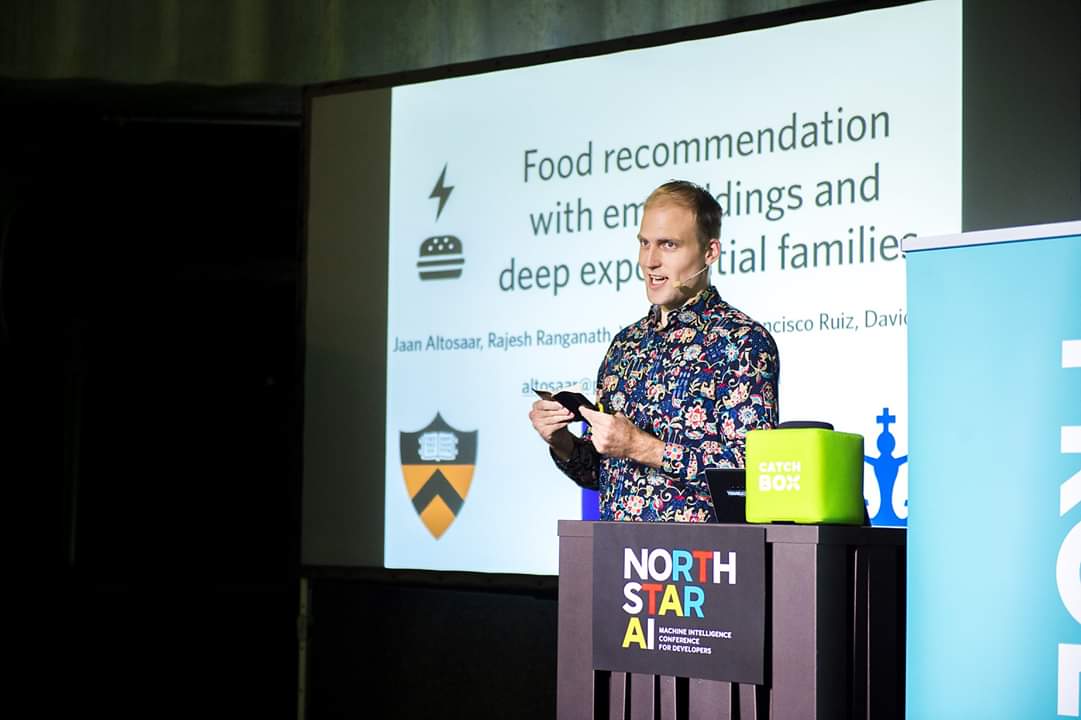How to talk to your Mom about AI

2015 has seen an explosion in funding, interest in, and new product development around Artificial Intelligence.
Facebook delivered M, Amazon gave us Echo, and Google launched TensorFlow, its open source machine learning library. A whole host of startups have also emerged, including x.ai, HyperScience, and Vicarious.
There’s an interesting parallel to the web, circa 1998. At that time, tens of thousands of companies had set up websites. But we didn’t yet have the vocabulary to distinguish this website—that published serious journalism, from that one—an online store. Today, we talk about blogs and eCommerce sites, about social platforms and traditional media, about multi-channel networks and streaming services.
We are at a similar moment with AI. Diffbot and Watson Health both rely on machine learning, but have little else in common. Our everyday language hasn’t kept pace with developments in the field.
Trend watchers have started to name things: there are Bots and Smart Virtual Personal Assistants, Alchemists and Panopticons, to name just a few. And you can find nuanced explanations of what each of these entities does and how they might differ from each other—even as they overlap in many ways.
Right now, we might be better off by using a dead-simple heuristic. I tend to classify services as either Vertical or Horizontal AI.
Companies like textio, Automated Insights, and x.ai have taken on a single problem. These services are laser-focused on executing one job—whether that’s optimizing job listings, writing data-based stories, or scheduling meetings.
I consider these Vertical AI. These agents promise no more and no less than to perform one job for you and to do it so well, you might mistake them for a human.
In contrast, M, Cortana, and Siri are extremely expansive generalists (which is not to say this is not fantastic technology, because it is!). There’s no single use case, no single “job-to-be-done.” They function more as massive question and answer settings (“What is the time in Berlin?”) or request, immediate-action settings (“Set my alarm for tomorrow morning 08:00 AM!”).
I see these as Horizontal AI.
While Siri, Alexa, and Cortana, can help with a very large number of questions and immediate requests, they don’t take over a job in its entirety.
Imagine you asked Siri to reach out to Michael and John so that they can come by your office for a product demo in the new year. Siri could certainly assist on some of the individual tasks that go into scheduling a meeting, but she cannot perform the job, start to finish.
A “job” then is not a simple request/action sequence. It’s a request that might take many actions (and interactions) to fulfill—and might require hours or days to complete. (When you ask our AI powered personal assistant, Amy, to schedule a meeting, you send her off, and she comes back days later only when she has negotiated a mutually agreeable time and location for you and your guests.)
Looked at this way, you can easily imagine a slew of Vertical AIs—travel agents that book plane and hotel tickets (no more suffering through screens on Kayak or Expedia), bookkeeper agents that reconcile your accounts, healthcare agents that keep your medical files up to date and inform your doctors when something changes.
You can imagine, in other words, the emergence of a marketplace of Vertical AIs, in which you can access individual agents for many tedious jobs that were once the province of actual people but have long since devolved to me and you. (We’ve seen this pattern in the past: Apple launched the iPhone with a few dozen of its own apps and then opened up the platform to developers. Now we have 1.5M apps to choose from.)
In this scenario, Siri, Cortana, and Alexa become immensely useful—enablers, really! Eventually, they will be able to summon these single-minded Vertical AIs at will. When you ask Siri to schedule a meeting, she’ll simply ping Amy, who will work hard to get the meeting on your calendar. When you ask Alexa to book a trip to San Francisco, she’ll reach out to a specialized travel AI to do that.
That’s a future I can describe today, in plain English. And it’s really quite lovely.
Dennis Mortensen is the CEO and co-founder of x.ai.
This post originally appeared on LinkedIn Pulse.










